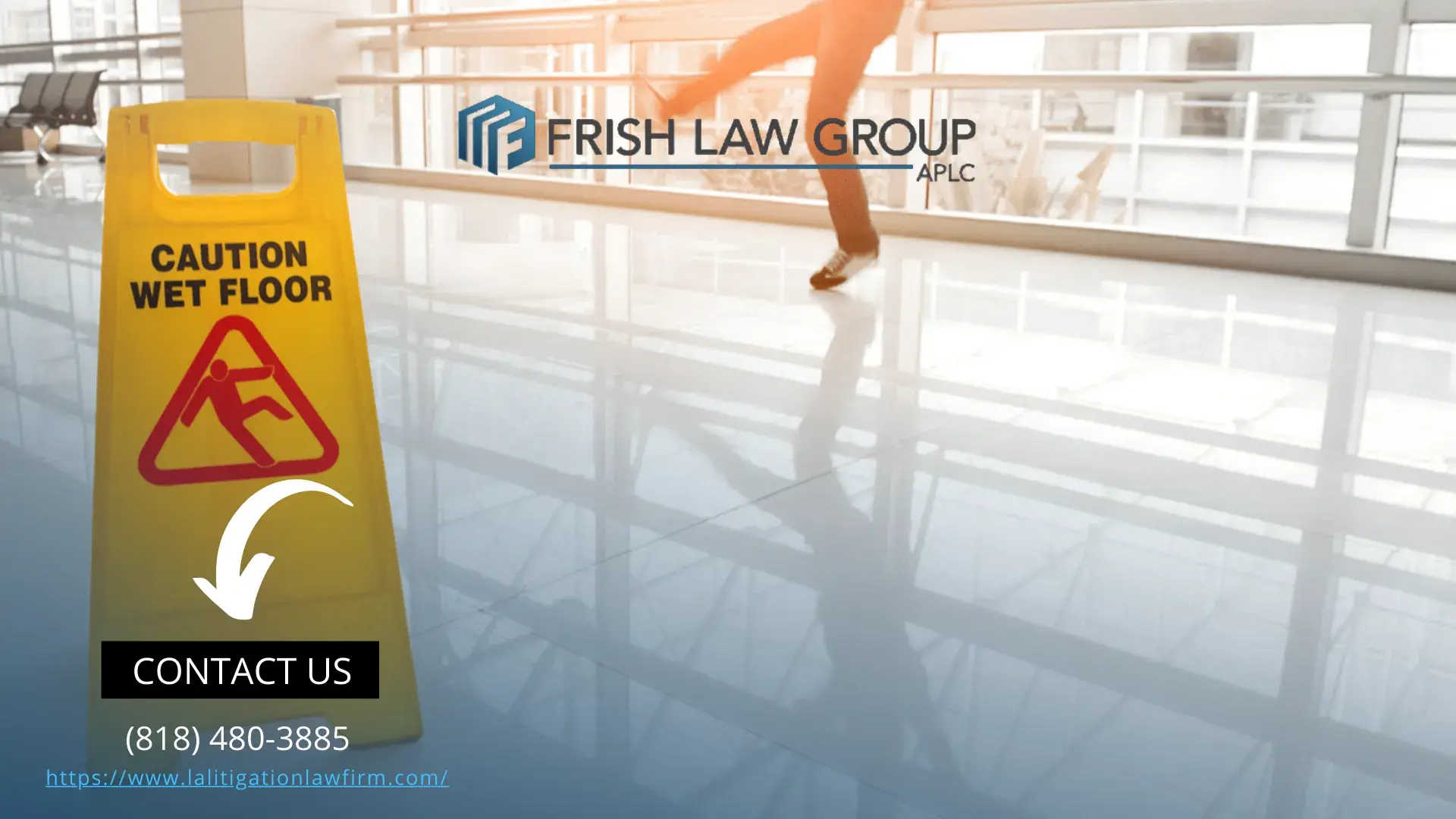Understanding the intricacies of premises liability and how they vary by state is paramount when navigating the complexities of a slip and fall case. The Frish Law Group, APLC, with its specialized slip and fall attorneys, underscores the importance of recognizing these legal disparities. For instance, the distinction between states that adopt comparative versus contributory negligence can drastically alter the outcome of a case. Such knowledge not only equips plaintiffs with the necessary tools to build a robust case but also aids in setting realistic expectations about the potential legal hurdles. To fully grasp how these differences could influence the success of a claim, consider the implications of not having this critical information at your disposal.
Understanding Premises Liability Laws
Why should property owners be acutely aware of premises liability laws? These laws are fundamental in defining a property owner’s responsibilities towards ensuring the safety of any visitor or tenant. A solid understanding of these statutes not only mitigates the risk of litigation but fosters a secure environment, demonstrating commitment and care towards community members.
Premises liability extends beyond mere slip-and-fall scenarios—it encompasses a range of situations where the safety measures of a property are questioned. Knowing these laws reinforces a property owner’s credibility and trustworthiness, crucial in maintaining a positive reputation.
Cultivating this awareness can decisively prevent potential legal disputes, thereby safeguarding both the physical and communal harmony of a property.
State-by-State Legal Variations
Understanding premises liability laws is just the first step; the complexities of these laws can differ significantly from one state to another. Each state holds its unique statutes that determine how premises liability claims are evaluated and adjudicated.
For instance, some states operate under a system of comparative negligence, which can allow a plaintiff to recover damages even if they are partly at fault. Others adhere to a more stringent contributory negligence rule, where any fault on the part of the plaintiff can bar recovery entirely.
For anyone navigating these waters, consulting a slip and fall attorney is crucial. They can provide insights into your state’s specific legal landscape, helping you effectively advocate for your rights and seek justice with confidence.


